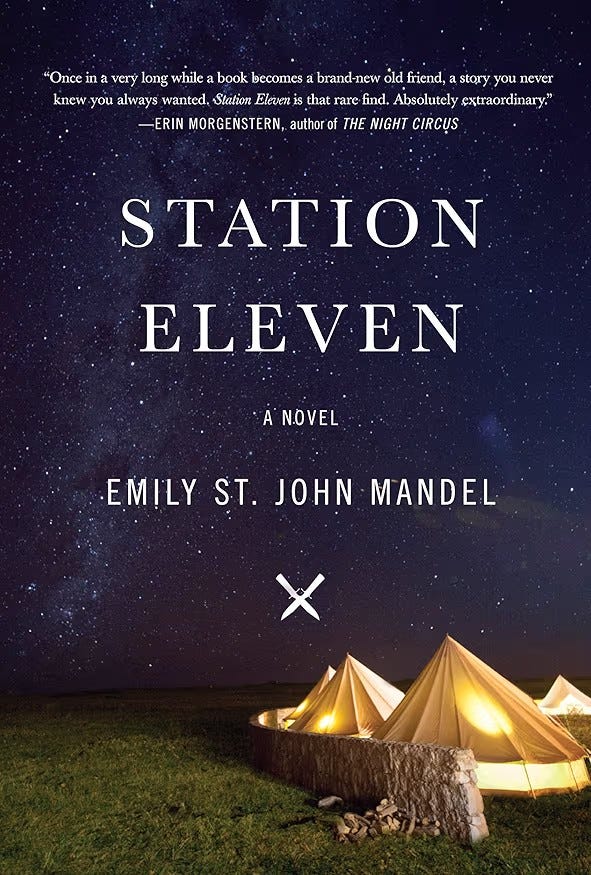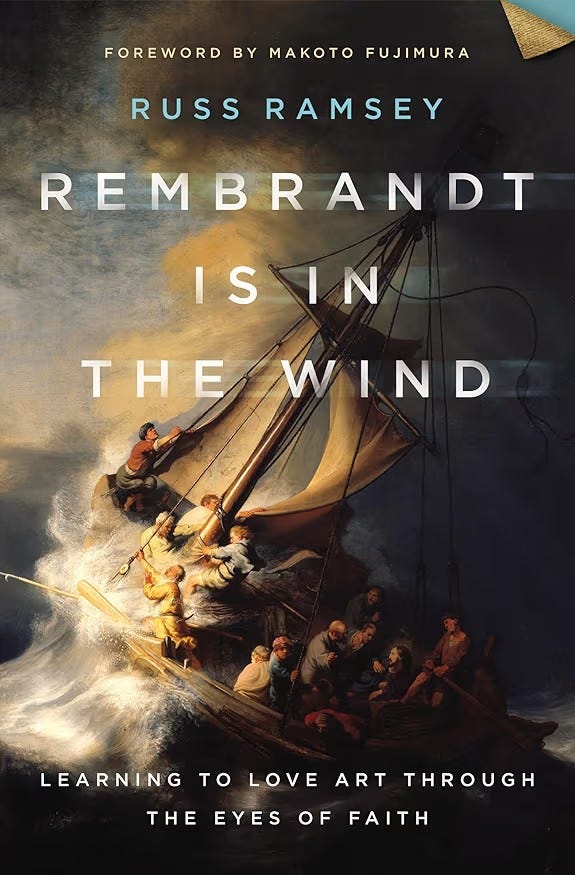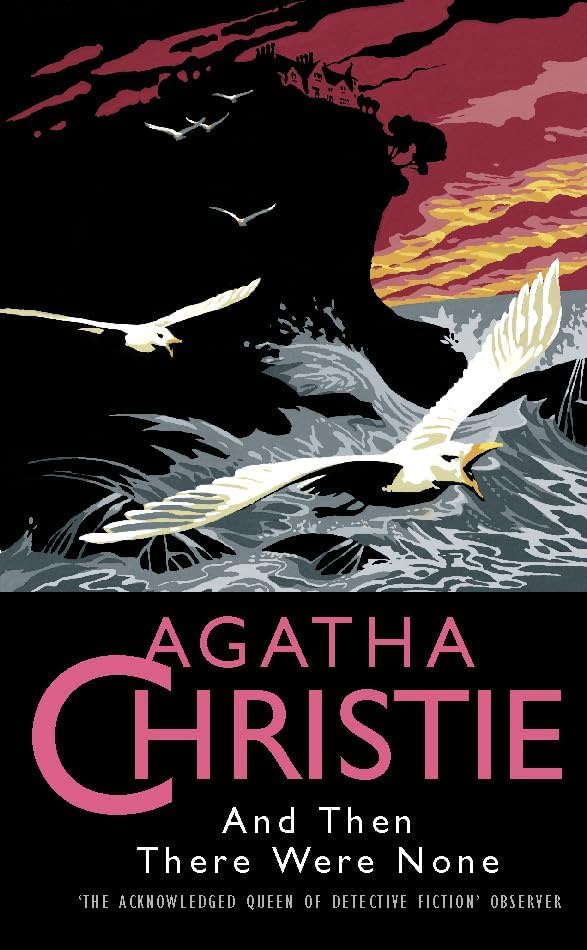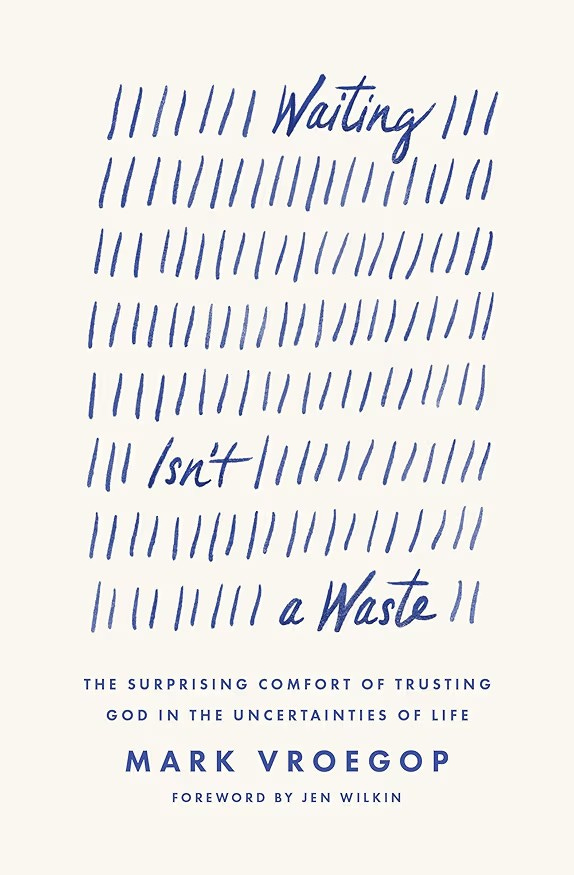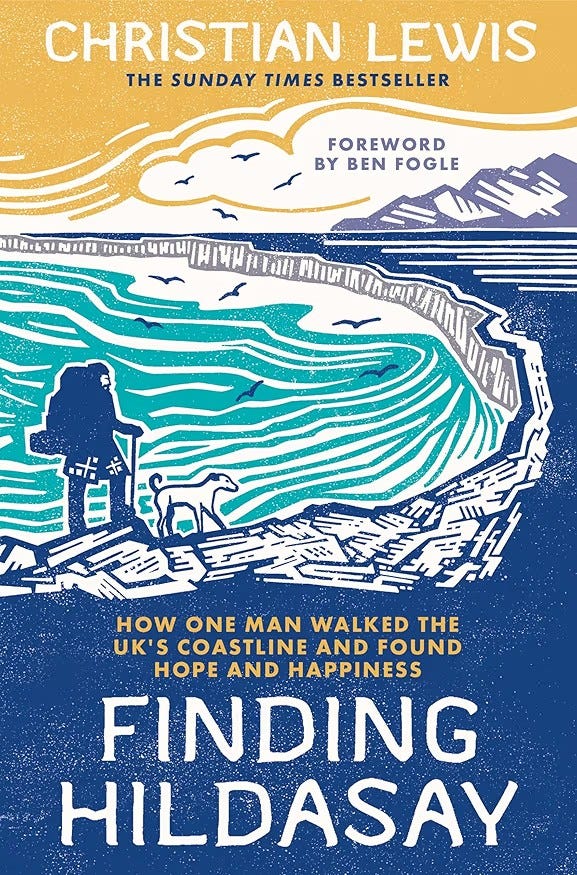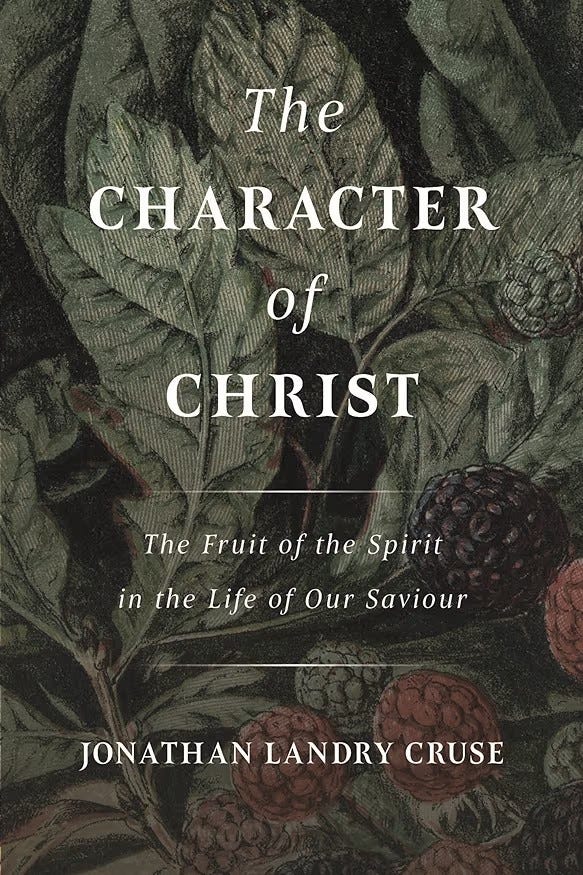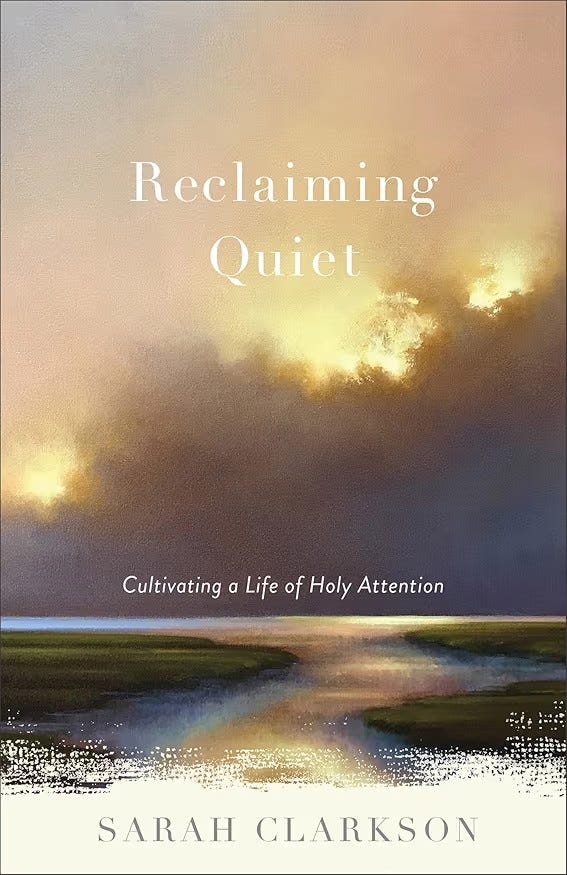Welcome dear readers to another bookish briefing of recent favourites. As always, it is slightly heavier on the non-fiction side. But fiction lovers don’t despair, there are a couple of gems here for you too.
From the blurb
‘One snowy night in Toronto famous actor Arthur Leander dies on stage whilst performing the role of a lifetime. That same evening a deadly virus touches down in North America. The world will never be the same again.
Twenty years later Kirsten, an actress in the Travelling Symphony, performs Shakespeare in the settlements that have grown up since the collapse. But then her newly hopeful world is threatened.
If civilization was lost, what would you preserve? And how far would you go to protect it?’
My thoughts
I wasn’t sure what to expect with this book, but Station Eleven surprised me. The post-apocalyptic setting and melancholy tone I did expect, but not the theme of friendship. I found myself musing on how friendships shape our lives, help us to survive and can even keep us from selfish self-destructive tendencies. As the plot progresses, often jumping back and forth in time, a story within a story emerges. I did not connect with the main female protagonist, which would have been a problem had it not been for other intriguing characters and the insight given about their lives.
I think there is a gaping hole in the story where faith would have presented itself in some form. One character has an obsession with the book of Revelation in the Bible (with dire consequences) , which for me did not constitute real faith at all. In this post-apocalyptic world (and all the horrors one would associate with that), no-one seemed to cry out to God. Where had all the world religions gone? Where were the people of faith? In extreme circumstances, the human response is often to call on a ‘higher transcendent power’ to help. As the saying goes; there are no Atheists when the ship is sinking or the plane is going down… Some depiction of reaching out for spiritual help when all materialistic hopes are gone would have filled this novel with a bit more heart and soul.
A favourite quote
‘It was becoming more difficult to hold on to himself. He tried to keep up a litany of biographical facts as he walked, trying to anchor himself to this life, to this earth. My name is Jeevan Chaudhary. I was a photographer and then I was going to be a paramedic. My parents were George of Ottawa and Amala of Hyderabad. I was born in the Toronto suburbs. I had a house on Winchester Street. But these thoughts broke apart in his head and were replaced by strange fragments: This is my soul and the world unwinding, this is my heart in the still winter air. Finally whispering the same two words over and over: “ Keep walking. Keep walking. Keep walking.” He looked up and met the eyes of an owl, watching him from a snow-laden branch.’ (Pg. 194)
From the blurb
‘How do art and faith intersect? How does art help us see our own lives more clearly? What can we understand about God and humanity by looking at the lives of artists?
Striving for beauty, art also reveals what is broken. It presents us with the tremendous struggles and longings common to the human experience. And it says a lot about our Creator too. Great works of art can speak to the soul in a unique way.
Rembrandt Is in the Wind is an invitation to discover some of the world's most celebrated artists and works and how each of them illuminates something about God, people, and the purpose of life. Part art history, part biblical study, part philosophy, and part analysis of the human experience, this book is nonetheless all story.’
My thoughts
I have been itching to know more about art and art history for some time now. This book has won awards and garnered rave reviews…which I completely understand having read it myself.
Ramsey capably melds biography, history and the gospel. Helping the reader to understand art concepts and art theory along the way. The writing is eloquent yet accessible. I felt like a ‘fly on the wall’ in the artists studio, gaining an understanding of each artists motivation, inspiration, and the demons that plagued them.
Rembrandt Is In The Wind is a fascinating insight into the lives and loves of some of the world’s greatest artists, and a reminder that we all bear the overwhelming privilege of being made in the image of God, we all have the capacity to create something of beauty with our lives (no matter how long or short lived they may be)—I can’t think of many who wouldn’t enjoy it (Christian or not). Highly recommended!
A favourite quote
‘It is hard to render an honest self portrait if we want to conceal what is unattractive and hide what’s broken. We want to appear beautiful. But when we do this, we hide what needs redemption—what we trust Christ to redeem. And everything redeemed by Christ becomes beautiful.’ (Pg. 4)
From the blurb
‘Our home, our duties and routines, our relationships, and the way we use our time, are the monasteries of our lives. It is through these practices that we build our relationship with God, that we find opportunities for contemplation, and deserts for reflection. In this beautiful little book Ronald Rolheiser turns on its head the idea that religious life is the preserve of monks and nuns. Our cloisters are the walls of our home and our work, the streets we walk, and the people with whom we share our lives.’
My thoughts
I wish I could turn back time and gift myself a copy of this book when I was deep in the trenches of early motherhood. This slim volume can easily be read in one sitting, but contains a wealth of wisdom and godly encouragement. It shatters the myth that the all consuming season of life with little ones is detrimental to a life of spiritual growth. We can commit every mundane moment to God in prayer, every act of unseen selfless service of love for our children is an act of worship before our gracious Father. I desperately needed to know this as a first time mum; when any notion of ‘quiet time’ went out the window, when I couldn’t serve in ‘meaningful’ ways in church community due to childcare constraints, or when I simply could not muster the energy for bible study or prayer during the precious silence of nap time. The Paraclete Press edition I read contained lovely monochrome sketches and paintings. Domestic Monastery tackles weighty themes in a succinct way. Buy for every new parent you know (and maybe throw some snacks in with it too!).
A favourite quote
‘There’s a rich spirituality in these principles: Stay inside your commitments, be faithful, your place of work is a seminary, your work is a sacrament, your family is a monastery, your home is a sanctuary. Stay inside them, don’t betray them, learn what they are teaching you without constantly looking for life elsewhere and without constantly believing that God is elsewhere.’ (Pg. 37)
From the blurb
‘1939. Europe teeters on the brink of war. Ten strangers are invited to Soldier Island, an isolated rock near the Devon coast. Cut off from the mainland, with their generous hosts Mr and Mrs U.N. Owen mysteriously absent, they are each accused of a terrible crime. When one of the party dies suddenly they realise they may be harbouring a murderer among their number.’
My thoughts
This was my first Agatha Christie novel. Probably not the best place to start with her writing as I believe this to be one of her darker murder mysteries. I do not typically read this genre, but despite this I can see why her writing is loved by so many. The sense of eeriness and suspense grows with each turn of the page, the characters are compelling (and repelling!), the description of place impeccable. I did not guess ‘whodunnit’ until the very end. Christie is a deft hand at plot twists and turns, keeping the reader guessing and engaged in the story. Not a single character possessed redeeming qualities, and the ending left a bad taste in my mouth…Very dark with no real justice, hope, or repentance to be found in the end, but it is very well written. If you are a fan of this genre then you are likely to enjoy it. It definitely made me think, and is not a tale I am likely to forget.
A favourite quote
‘Mrs Rogers had a flat monotonous voice. Vera looked at her curiously. What a white bloodless ghost of a woman! Very respectable-looking, with her hair dragged back from her face and her black dress. Queer light eyes that shifted the whole time from place to place. Vera thought: ‘She looks frightened of her own shadow’. Yes, that was it—frightened! She looked like a woman who walked in mortal fear…A little shiver passed down Vera’s back. What on earth was the woman afraid of?’ (Pg. 25)
From the blurb
‘In Waiting Isn’t a Waste, author Mark Vroegop calls believers to resist the human urge for control and lean on Christ for comfort while we wait for the uncertainties of life to unfold. Vroegop explores what it means to wait on God through 6 important characteristics―waiting is hard, common, biblical, slow, commanded, and relational. This book not only teaches readers how to wait on God but inspires them to embrace waiting―for it prompts wisdom from God and brings invaluable peace to the present.’
My thoughts
This was a timely read, it’s filled with relatable waiting situations and points to a biblical perspective and response to seasons of waiting. Vroegop has an easy writing style and a compassionate approach for those who struggle during extended periods of waiting. I must admit that many of the key themes explored in this seemed to be an offshoot of thoughts from Andrew Murray’s book Waiting on God. The quotes he included from Murray’s work were the main highlights for me. I’m planning to read Murray’s book fairly soon, and suspect I may take away more from his work than Vroegop’s. I usually prefer the meaty depths of older theological works, Waiting Isn’t A Waste seems more of an introductory level read about waiting on God well. A worthy read, and I’m glad I read it, but by the end I wanted a bit more meat on the bone.
A favourite quote
‘Waiting requires living by what I know to be true about God when I don’t know what’s true about my life.’ (Pg. 39)
From the blurb
‘Ex-paratrooper Christian Lewis had hit rock bottom, suffering with depression so severe he would shut himself in his bedroom for weeks. Then while surfing – his sole respite – he cast his eyes along the coastline and realised it was the only place he really wanted to be.
Then, Chris made an impulsive decision. He set himself a challenge: to walk the entire coastline of the UK. He gave himself a few days to rustle up a tent and walking boots, then left for good with just a tenner in his pocket and two days’ worth of food. Little did he know at the time just how long it would take to cross the finish line – and the encounters lying ahead would turn his life around.’
My thoughts
I found this to be an unflinchingly honest account of one mans journey to forgiving himself. Themes of fatherhood, trauma, addiction and depression run throughout. The writing is raw and real, with immersive descriptions of the natural landscape in all its wild glory. An amazing story which left me feeling uplifted (the kindness of strangers!)—and there’s a second book out now (Hildasay to Home) which continues Christian’s story of finding love on his walk. Finding Hildasay is a modern pilgrimage of sorts, I recommend this for all readers who love the UK coastline, survival stories, and stories of hope. Just a heads up—there are some choice swear words littered throughout (mainly in the first half, it seemed to calm down as the book progressed).
A favourite quote
‘Up until this day I can honestly say I hadn’t cried for all of my adult years. It was like someone had turned on the tap after decades of it being switched off. I felt completely numb; consumed by the recurring thought that I had failed at what to me was the single most important thing I couldn’t afford not to succeed at: being a good father to my daughter.’ (Pg. 3)
From the blurb
‘Most experienced Christians are familiar with the Fruit of the Spirit listed in the apostle Paul's Letter to the Galatians where we read of qualities like love, peace, and patience. These are considered both gracious marks of true Christian character and ideals to aim for. But what do they look like when lived to the fullest? - Christ's example. Jonathan Cruse answers this question by studying the fullness of the Fruit of the Spirit in the life of Christ. - Our shortcomings. In a warm and engaging style, Jonathan examines these godly attributes in the Lord's example and compares them with our own faltering efforts at holiness. - Our hope. Despite our shortcomings, the comparison is presented in a way that brings hope, not frustration. We learn that only the power of God himself can truly conform us to Christ. The work is his, not ours -- and this is good news for all those who yearn for greater sanctification.’
My thoughts
This was a joy to read, each chapter just got better and better. It was so refreshing to read a book that steered my eyes away from myself (and self improvement) and placed them firmly on the One who is so much more beautiful and infinitely worthy of contemplation. Chapter 5 ‘ When Kindness Appeared’ made me want to stop reading and weep at the kindness of Christ as revealed in Scripture and throughout my life. Undeserved, unmerited kindness has been a key aspect of God’s character that has drawn me to Him. His kindness does indeed lead us to repentance. I would recommend reading a chapter a day, leaving time to sit and meditate on His character afterwards. Such a rewarding reading experience.
A favourite quote
‘Paul’s statement in Titus 3: 4,5 makes perfect sense…Paul says, ‘the kindness and love of God our Saviour appeared’. Think about that for a moment. When speaking of the most stupendous moment in all of human history—when heaven comes down to earth, when God steps into his own creation and becomes man, when the plan of redemption enters its most decisive phase—Paul can simply say that ‘kindness appeared’. Maybe we too often think that kindness is inconsequential, as though it were nothing more than holding the door for someone, or flashing a smile to a passer-by. Yet according to the biblical texts we have seen, kindness is no small thing. It is God come to earth, and it is our souls sent to heaven. ‘When the kindness of God appeared, he saved us…’ (Pg. 80-81)
From the blurb
‘In a noisy world, the cultivation of quiet may feel like a luxury you do not have. But it is also vital to your spiritual life. When we spend our days distracted by social media, news, entertainment, and jam-packed schedules, we make it nearly impossible to experience the kind of thought life that allows us to grow into the people God created us to be - to become more and more like Jesus. We're too busy and distracted to notice the people and situations God has placed in our path for our spiritual benefit.
Reclaiming Quiet is your invitation to discover the profound joy of resisting our cultural obsession with distraction and instead cultivating a life of holy attention.’
My thoughts
I don’t re-read books as often as I know I should. But I’m fairly certain I will be re-reading this one. Sarah Clarkson is a favourite writer of mine, her prose sings off the page, and she has a way of intimately sharing personal experience yet also offering a panoramic view of life and faith from an eternal, biblical perspective. Reclaiming Quiet addresses an important need for our age; the need to learn quietness despite the loudness. To hear the voice of God above the cacophony of opinions vying desperately for our attention. There are no trite platitudes here, just a beautiful tapestry of memories—memories of God’s faithfulness to draw us to quiet. Memories of God working in the quiet moments of our lives. Memories of quietness and trust bringing strength to face the day again. Like the subtitle of this book, Clarkson explores what it means to cultivate a life of holy attention. As I recently gushed to a friend; reading Reclaiming Quiet felt like the spiritual equivalent of sipping an ice cold drink on a hot, humid day. It refreshed my resolve to live a quiet life, living as one who understands, who seeks God.
A favourite quote
‘I stepped back into the sense of God’s companionship. That was, perhaps, the greatest gift of the priest’s kindness to me. In the generosity of his own peaceful presence, I found that God had not, as I thought, withdrawn from me in frustration. He was still there, gracious as my friend, fragrant as the coffee, tender as the autumn light, and in the revelatory brightness of those graces, I remembered afresh that his presence is constant, never dependent upon my discipline. He waits, always he waits, to receive us in that inmost room, and day by day I knew that again as I had known it in the early days of my illness when it was the shelter that kept me in life.’ (Pg. 24)
That’s all from me. I’ve been blessed by some wonderful reads so far this year, and the TBR pile is still looking healthy! Praise God for the writers who continue to write what God is calling them to.
Have you read any of these books? If so, do share your thoughts and favourite quotes in the comments below— I’d love to read them!
What are you reading at the moment? Do you have any recommendations for me? I’m always in the mood for book chat :)
And remember, Christ is before all things and in Him all things are held together.
Love in Christ,
Ishah Xx




